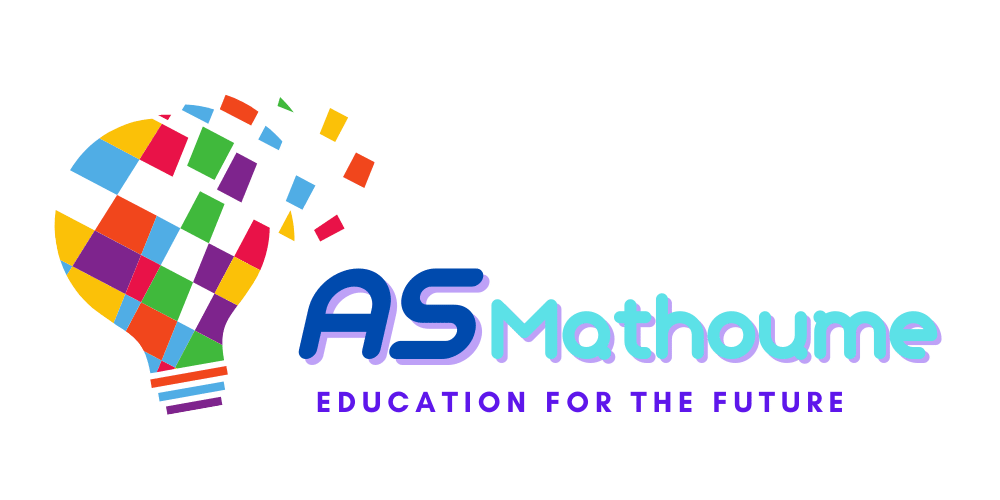Topic 3: Effective Review and Revision Strategies Copy
In this topic, we will delve into various strategies that can optimize your review and revision process, helping you reinforce learning, identify areas of improvement, and solidify your understanding of the material.
Key points covered in this topic include:
Establishing a Review Schedule: We will discuss the importance of creating a review schedule to ensure regular and structured review sessions. By allocating dedicated time for review, you create a routine that reinforces your memory, prevents forgetting, and allows you to cover all relevant material in a timely manner.
Active Recall and Retrieval Practice: Active recall involves actively retrieving information from memory, rather than passively reviewing it. We will explore techniques such as self-quizzing, flashcards, and summarizing information from memory. By engaging in retrieval practice, you strengthen your memory recall, identify gaps in knowledge, and improve long-term retention.
Spaced Repetition: Spaced repetition, as we discussed in a previous lesson, involves reviewing information at intervals over time. We will emphasize the importance of spaced repetition during the review process. By revisiting previously learned material at strategic intervals, you reinforce your memory, strengthen connections between concepts, and promote long-term retention.
Utilizing Summary Notes and Concept Maps: Summarizing information and creating concept maps are powerful tools for organizing and consolidating your knowledge. We will explore how summarizing each topic or chapter into concise notes and creating concept maps to visualize relationships between ideas can enhance your understanding and facilitate effective review. These tools serve as a roadmap to guide your review process and aid in recall.
Testing Yourself: Testing yourself is a valuable review strategy that assesses your understanding and helps identify areas that require further attention. We will discuss the benefits of using practice exams, quizzes, or other self-assessment tools. By simulating test conditions, you become familiar with the format, identify weak areas, and gain confidence in your knowledge.
Seeking Clarification and Additional Resources: Don’t hesitate to seek clarification and utilize additional resources during the review process. Whether it’s reaching out to instructors or classmates for further explanations, consulting textbooks or supplementary materials, or utilizing online resources, these additional sources can provide valuable insights, fill in knowledge gaps, and deepen your understanding.
Reflecting on Mistakes and Feedback: Reflection plays a crucial role in the review process. We will discuss the importance of reflecting on mistakes made during practice tests or quizzes and learning from feedback received. By analyzing errors, identifying patterns, and understanding the underlying concepts, you can address areas of weakness and make targeted improvements.
